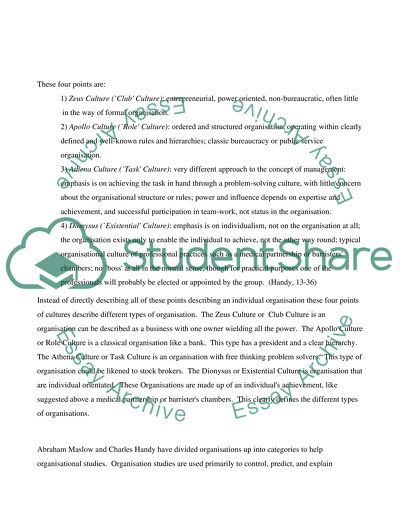People & Organisations Essay Example | Topics and Well Written Essays - 500 words. Retrieved from https://studentshare.org/miscellaneous/1538984-people-organisations
People & Organisations Essay Example | Topics and Well Written Essays - 500 Words. https://studentshare.org/miscellaneous/1538984-people-organisations.


